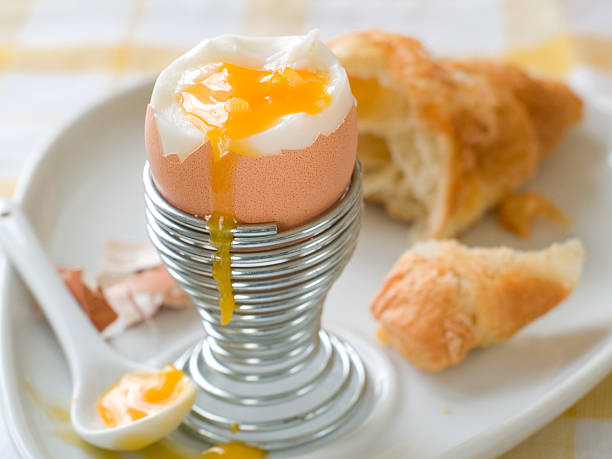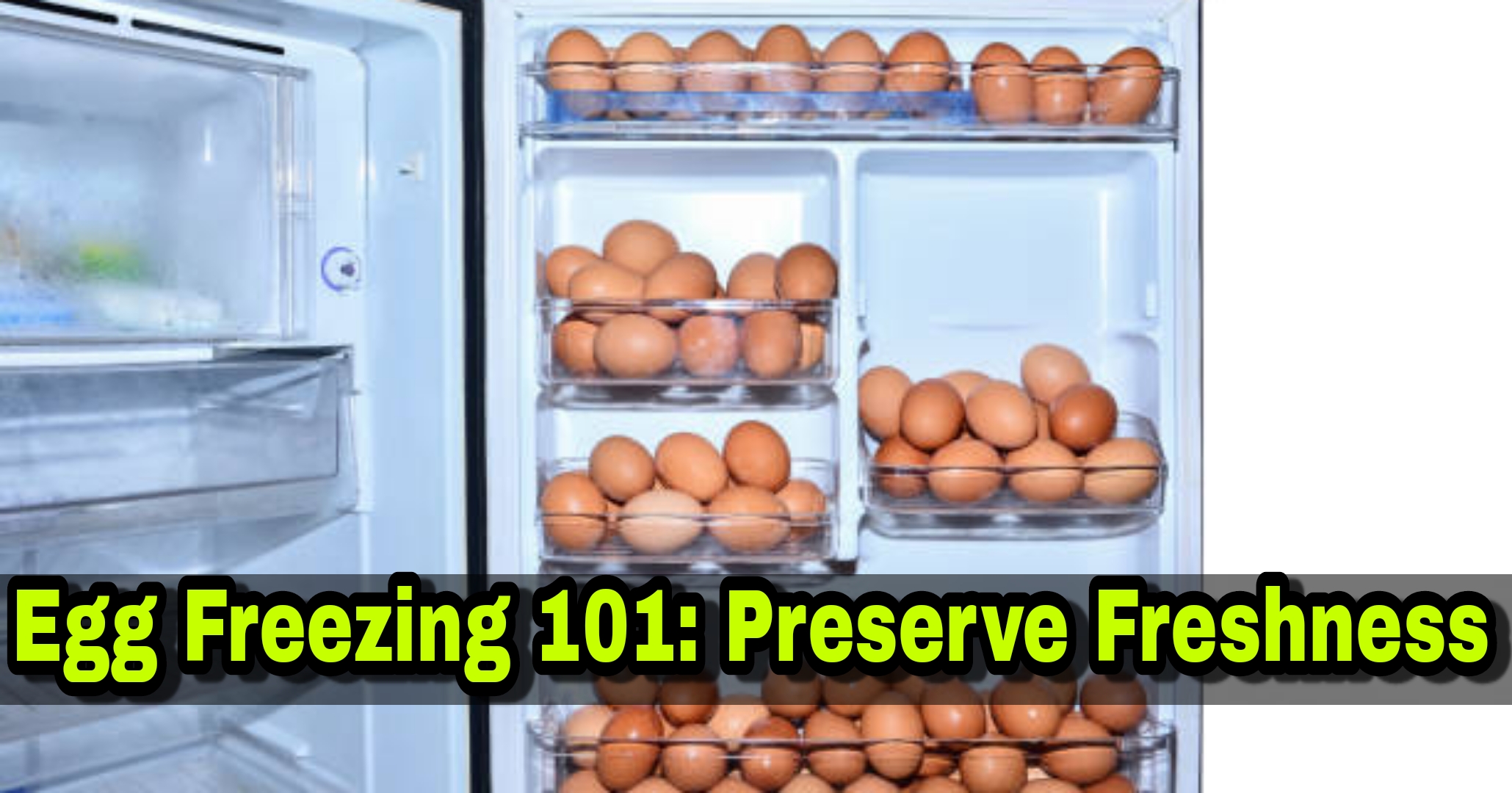The Art of Eggs Freezing : A Comprehensive Guide
Eggs are a kitchen staple, versatile and nutritious. But what happens when you’ve bought too many and fear they’ll spoil before use? Freezing eggs might just be the solution you’re looking for.

Understanding Egg Storage Basics
Fresh eggs typically last 3-5 weeks in the refrigerator. However, freezing can extend their shelf life dramatically, potentially up to one year. But it’s not as simple as tossing eggs into the freezer with their shells intact.
Key Freezing Principles
1. Never freeze eggs in their shells
Eggs contain moisture that expands when frozen, which can:
– Crack the shell
– Allow bacterial contamination
– Compromise egg quality
2. Preparation is Critical
Before freezing, you’ll need to:
– Remove eggs from their shells
– Separate or blend components
– Use proper storage containers
Freezing Techniques for Different Egg Components
Whole Eggs
– Crack eggs into a bowl
– Gently beat whites and yolks together
– Pour into freezer-safe container
– Leave space for expansion
– Label with date and quantity
Egg Whites
– Separate whites carefully
– Pour into ice cube trays
– Freeze individually
– Transfer to freezer bag once solid
– Ideal for meringues and baking
Egg Yolks
Yolks require special treatment to prevent gelatinization:
– Add 1/2 teaspoon salt per 240ml for savory dishes
– Add 1-1.5 tablespoons sugar for sweet recipes
– Beat thoroughly
– Freeze in portioned containers
Thawing and Usage Guidelines
Safe Thawing Methods
– Refrigerator overnight (recommended)
– Cold water rapid thawing
– Never thaw at room temperature
Cooking Recommendations
– Always cook thawed eggs thoroughly
– Reach internal temperature of 71°C (160°F)
– Best used in cooked dishes
Ideal Recipes for Frozen Eggs
Frozen eggs work wonderfully in:
– Scrambled egg dishes
– Quiches
– Frittatas
– Baked goods
– Breakfast casseroles
Potential Limitations
While freezing extends egg shelf life, some quality changes may occur:
– Slight texture modification
– Potential minor flavor alterations
– Best used in cooked preparations
Food Safety Considerations
– Only freeze fresh, unexpired eggs
– Avoid freezing hard-boiled eggs
– Use proper sanitization techniques
– Monitor freezer temperature (0°F or -18°C)
Pro Tips for Eggs Freezing
1. Use fresh, high-quality eggs
2. Portion eggs for convenient future use
3. Invest in quality freezer containers
4. Label with date and quantity
5. Rotate frozen eggs, using oldest first
Environmental and Economic Benefits
Eggs Freezing isn’t just convenient—it’s also:
– Reduces food waste
– Saves money
– Provides meal preparation flexibility
– Supports sustainable kitchen practices
Conclusion
Eggs Freezing is a practical, safe method to extend their usability. By following proper techniques, you can transform potential food waste into a convenient ingredient ready for future culinary adventures.

Remember: Proper
preparation and handling are key to maintaining egg quality and ensuring food safety. Happy freezing!


Some truly wonderful information, Sword lily I found this.
You are my intake, I own few blogs and sometimes run out from to brand : (.
After study a few of the blog posts on your website now, and I truly like your way of blogging. I bookmarked it to my bookmark website list and will be checking back soon. Pls check out my web site as well and let me know what you think.
I like the efforts you have put in this, regards for all the great content.
hi!,I love your writing very a lot! share we communicate extra approximately your post on AOL? I require a specialist on this house to unravel my problem. May be that’s you! Taking a look forward to see you.
Thanks a bunch for sharing this with all of us you actually know what you’re talking about! Bookmarked. Kindly also visit my web site =). We could have a link exchange arrangement between us!
Can you be more specific about the content of your article? After reading it, I still have some doubts. Hope you can help me. https://accounts.binance.com/pt-PT/register-person?ref=KDN7HDOR